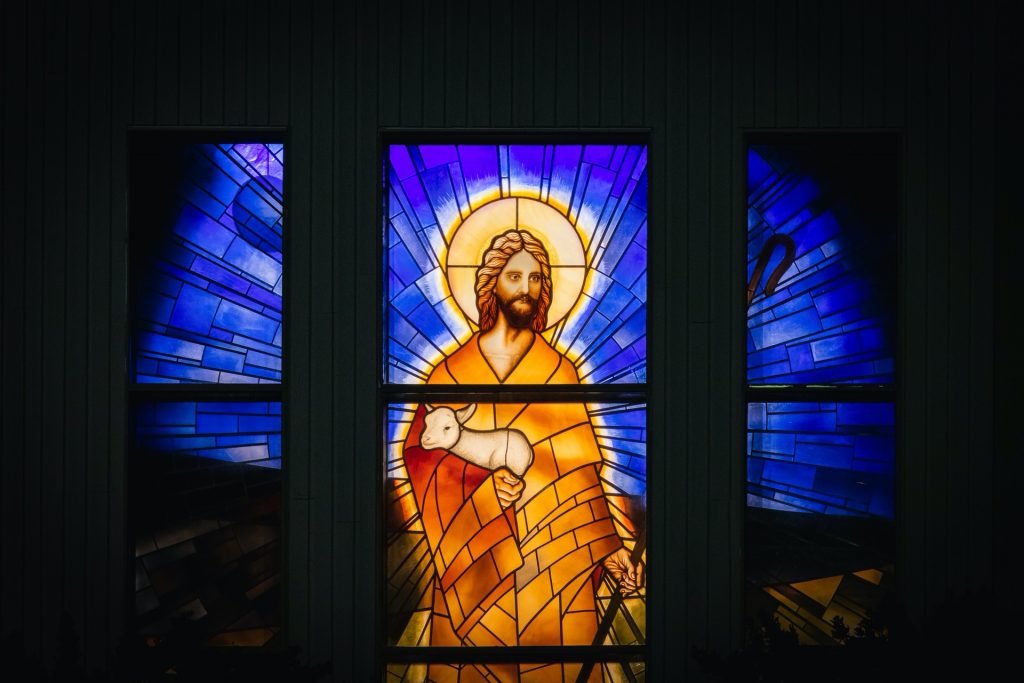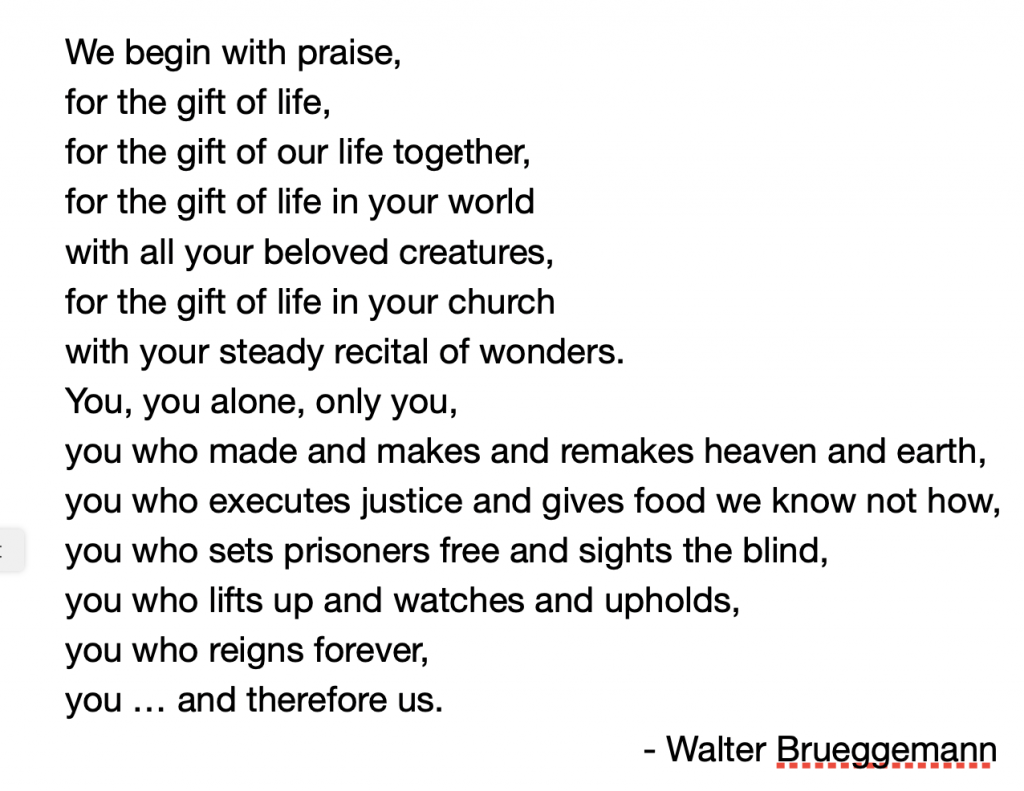
Moses, writing to Israel to encourage them in following the Lord, wrote, “Remember how the Lord your God led you all the way in the desert these forty years, to humble you and to test you in order to know what was in your heart, whether or not you would keep his commands. He humbled you, causing you to hunger and then feeding you with manna, which neither you nor your fathers had known, to teach you that man does not live on bread alone but on every word that comes from the mouth of the Lord.”
Hunger is not always a bad thing. It can remind us of our spiritual frailty, calling attention to our slavish need to occupy our mouths. It can remind us of our physical frailty, pointing out our desperate need for daily sustenance. It can test our ability to overcome physical promptings. It can test our ability to maintain focus and stay on track. It can cause us to cry out to God for mental, spiritual and physical endurance. All of those are good things.
Even better, it humbles us. It causes us to become aware that we are frail. That we are weak. That we are not able to create food of and by ourselves. We can grind the grain into flour, and press the olive into oil, but it is not us that creates either grain or olive. Hunger makes us realize that we are – and always have been – completely dependent on God for literally everything. Yet if that is so for physical things, how much more so for the spiritual?
The Israelites wandered in the desert for forty years, and during that whole time they ate manna from heaven. Bread that God Himself provided. Bread that pointed to Jesus, who said, “I am the bread of life. He who comes to me will never go hungry, and he who believes in me will never be thirsty.” It was a daily reminder that God our Father not only provides for us physically, but provides for us spiritually. Of course, He does that with great abundance that each might have all they need, just as He did with the manna.
Every day, creation witnesses to that. The whole of the general revelation of creation is speaking to us about it, even now as you read this. As Psalm 19 declares, “The heavens declare the glory of God; the skies proclaim the work of his hands. Day after day they pour forth speech; night after night they display knowledge.” We also have the whole of the Word of God available to us each day – the specific revelation of God in its entirety. So the spiritual ‘table’ the Lord has set for us is very full indeed – perhaps even fuller than the physical table! But just as each Israelite was to gather what they needed for the day, and not try to hoard it for the next, so also the Spirit illuminates a particular part of the revelation of God for us each day. He gives us insight and understanding that we can take and apply for that day. This is our daily bread. It is what we need spiritually, for this day.
Going without that daily spiritual bread weakens us, just as going without daily physical nourishment weakens us. Only much more so, because going without physical bread for a meal or a short season can help focus our spiritual acuity, but going without spiritual bread winds up focusing something else. We find ourselves with an added emphasis on physical want and emotional need. Going without spiritual nourishment for a season is like reverse repentance. It is rebellion against the spiritual aspect of our personhood, and it becomes the first step toward idolatry.
Jesus told us to pray, “Give us today our daily bread.” Not merely that we might have something to eat each and every day, but that we might have something to feed our souls and keep our spiritual focus. Amen.
Do we serve out of duty or delight? Mutual communion is the soul of all true friendship and a familiar converse with a friend hath the greatest sweetness in it … [so] besides the common tribute of daily worship you owe to [God], take occasion to come into his presence on purpose to have communion with him. […] We use to check our friends with this upbraiding. You still [always] come when you have some business, but when will you come to see me?
Thomas Goodwin (quoted by J.I. Packer)
APPLICATION: Worship
Even before your day begins, set your eyes, heart, mind and soul on God.











